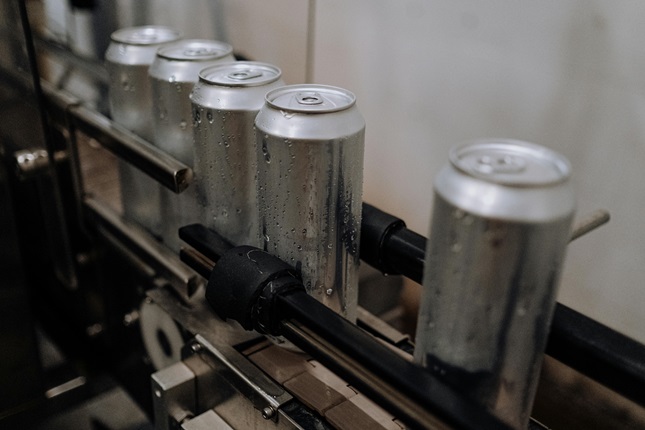The food industry is constantly evolving. Innovation and efficiency are crucial to staying competitive. Whether you are a small producer or a large international company, optimizing your production process can make a world of difference. Let’s dive into how you can achieve this with the help of global food solutions.
The Power of Automation in Food Production
Automation is no longer a luxury; it’s a necessity. By automating processes, you can increase efficiency, reduce costs, and ensure product consistency.
Benefits of Automation
Automation helps reduce human error and increases the speed of production processes. Think of automated packaging lines that ensure uniform packaging and reduce waste. These technologies enable you to respond more quickly to market demand while lowering production costs.
Examples of Automation Technologies
Technologies such as robots, sensors, and advanced software play a major role in modern food production. These tools can handle everything from sorting and packaging to real-time monitoring of ingredient quality.
Sustainability as a Key to Success
Sustainability is not only good for the environment but also for your bottom line. Consumers are becoming increasingly aware of the impact their choices have on the planet, and companies that embrace sustainable practices often gain a competitive advantage.
Eco-Friendly Production Processes
Innovations such as energy-efficient machines and renewable energy sources can help reduce your ecological footprint. Consider water-saving techniques or the use of biodegradable packaging.
Sustainable Packaging Solutions
Sustainable packaging is often a major challenge when it comes to sustainability. By switching to recyclable or compostable materials, you can not only comply with regulations but also meet the growing demand for eco-friendly products.
Ensuring Food Safety
Food safety is always a top priority in the food industry. With stricter regulations worldwide, it is essential to implement technologies that help guarantee safety and quality.
Technologies for Food Safety
Advanced sensors and data analysis tools can monitor critical control points in your production process. These technologies can quickly detect irregularities and prevent unsafe products from reaching the market.
Regulations and Compliance
Complying with local and international regulations can be complex, but the right systems ensure you remain compliant at all times. This includes everything from traceability systems to detailed reporting required for audits.
Globalization: Operating on a Worldwide Scale
In a globalized market, flexibility and the ability to respond quickly to changes are key. This means having scalable processes that can be easily adapted to local requirements.
Adapting to Local Markets
Every country has its own regulations and consumer preferences. By using modular production solutions, you can quickly switch between different production lines without major investments.
Global Distribution Networks
An efficient distribution chain is essential for worldwide success. This covers everything from logistics planning to inventory management, ensuring you can always meet demand without overproduction or shortages.
Technological Advancement: The Future is Now
Technology is evolving rapidly, and companies that embrace these developments will be better positioned for future success.
Integration of AI and IoT
Artificial Intelligence (AI) and the Internet of Things (IoT) offer unprecedented opportunities for optimization. AI can assist with predictive maintenance to minimize downtime, while IoT devices collect real-time data that can be used to continuously improve processes.
Data Analytics for Insights
Data analysis tools give you insights into every aspect of your production process. From raw materials to the finished product, data-driven decisions allow you to identify and eliminate inefficiencies.
If you want to learn more about how total solutions such as Selo.com operate within this context, this platform provides extensive information on how they use innovation to optimize production processes worldwide.
By embracing these trends and technologies, you can optimize your production process and prepare for the future challenges of the food industry. So, what are you waiting for? Take the first step today toward a more efficient future!









































